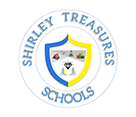ACADEMIC APPROACH
young learners are active constructors of knowledge, full of competent potentials
CURRICULUM
Shirley’s Treasures follows the Reggio Emilia philosophy of Early Childhood Education, which views the young learners as active constructors of knowledge full of competent potentials with the right to develop the potentials by being encouraged to share their thoughts and ideas about everything they do.
The Reggio Emilia Approach is an innovative and inspiring approach to early childhood education which measures the child as strong, capable and resilient, rich with wonder and knowledge.
The approach is named after the village of Reggio Emilia, in Italy. It was developed in the 1940s, shortly after World War II, by Pedagogist Loris Malaguzzi and parents in the villages around Reggio Emilia.
We apply some Reggio inspired core classroom policies which are;
- Interaction
- Various languages of children
- Emergent Curriculum
- Documentation
- Projects as vehicles for learning
REGGIO EMILIA POLICIES
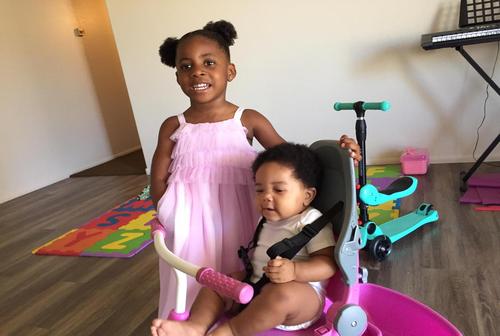
Interraction
Children learn well through social interaction. They easily listen to each other, ask and answer questions, which excites them, and improves their social skills. Children, teachers and families interact together to continually improve learning for the kids.

Various Languages of Children
Pedagogist, Loris Malaguzzi referred the many ways that children express themselves as “hundred languages”. Our Teachers provide different avenues for children to express their thoughts and feelings as a process of learning. Educators view the media like drawing, painting, music, dance, poems, stories, as an integral part of the whole expression process of learning.
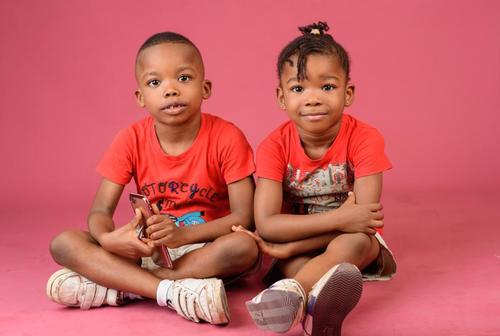
Emergent Learning
Curriculum topics are derived from talking with children and their families, Teachers ask questions and listen for the children’s ideas, hypotheses and theories. They discuss their observations with them, as part of team planning sessions and evolution of their ideas and practices. Then, they record their observations to help plan the curriculum and prepare the environment and teaching tools to support the student’s interests.
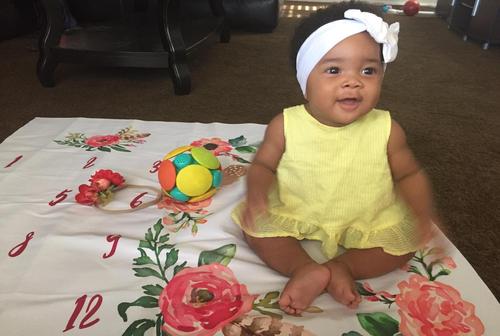
Documentation
Teachers work tirelessly to document all aspects of the learning process, the growth of the children, their photos at work and play, to learn more about the likes and dislikes of a kid, identify their strength, ideas and know the next step to support their learning. This documentation provides parents information about their children’s learning experience.
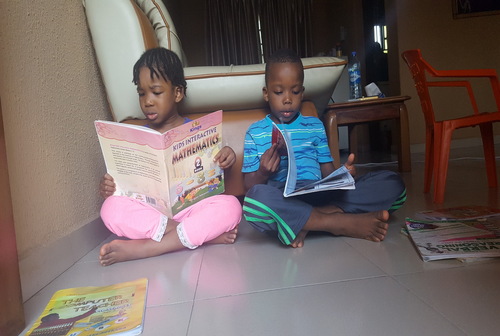
Projects as Vehicles of Learning
Project ideas emanate from children and teacher’s experiences and exploration. The projects are complete studies of ideas and concepts based on the observations pulled up about the child’s interests. The project topic may be from an academic curiosity or social concern of parents/ teachers. They are introduced as adventures to the children and can last from a few days to several months.
